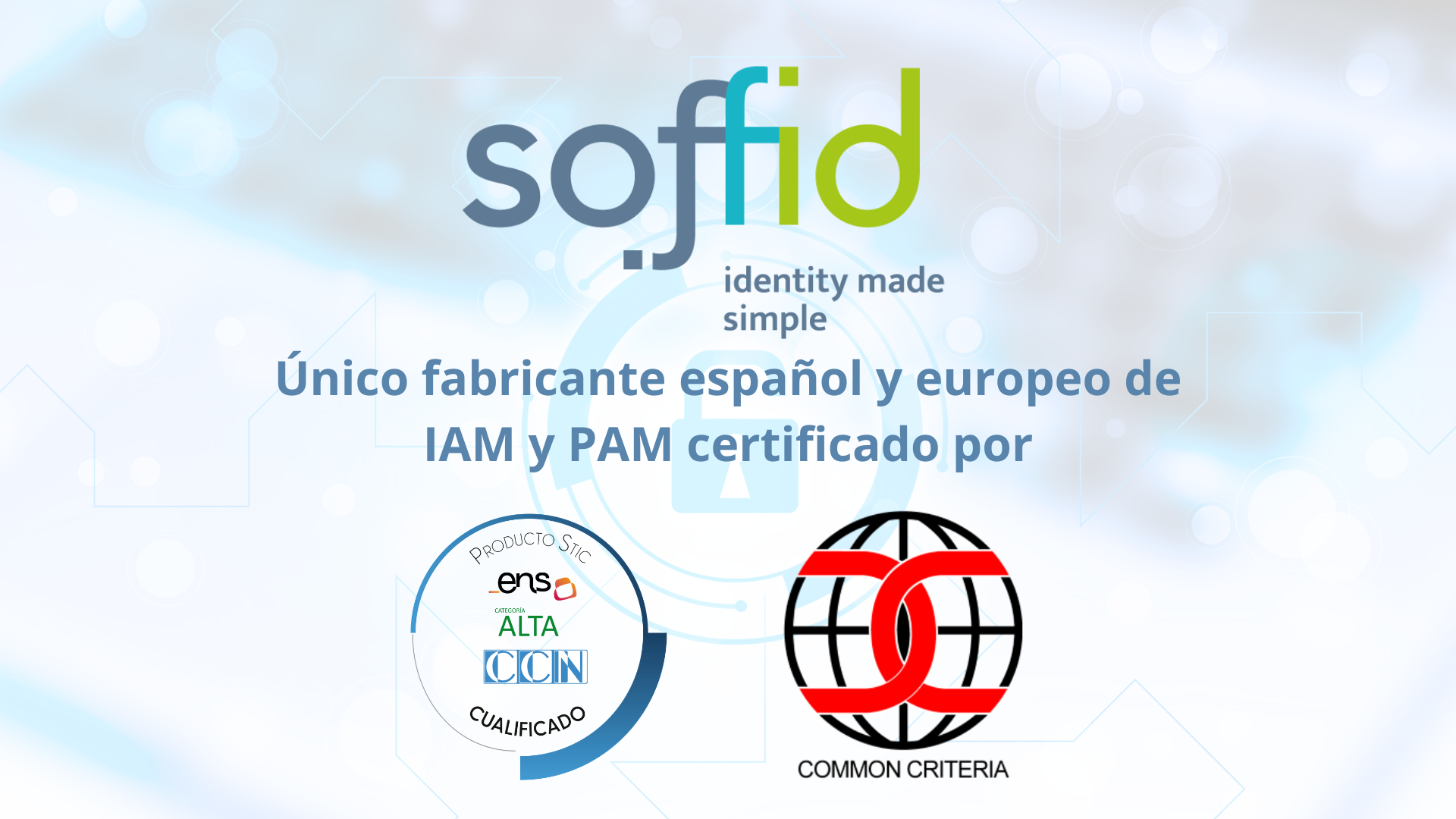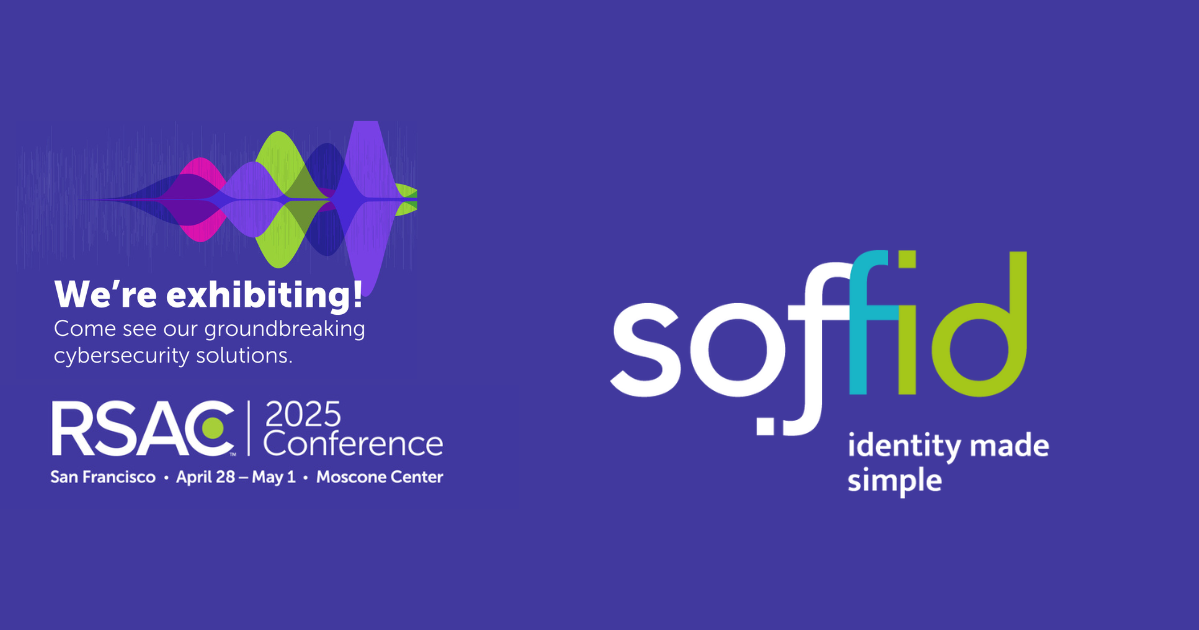Privileged Account Management (PAM) plays a crucial role in securing information systems. Privileged accounts are essential for executing scheduled configuration tasks, maintenance, and the recovery of hardware or software failures, as well as the restoration of backups. However, due to the occasional need to use these accounts in an unplanned manner, their management must strike a balance between security, procedures, and flexibility.
Identifying and classifying privileged accounts
To effectively manage these accounts, the Soffid product incorporates the necessary logic to identify and classify them based on the level of risk and their usage patterns. This involves appropriately distributing accounts and assigning them to responsible users. A key aspect of Privileged Account Management is the automated and scheduled password change process, secure password delivery to authorized users, and the automatic injection of passwords when necessary and sensible.
There are various types of privileged accounts, and some may be shared among multiple individuals. However, it’s essential to ensure that only one person can use the account at any given time. This classification enables continuous tracking of who made system changes and who possessed the credentials at specific moments. This not only enhances security but also facilitates accountability.
Integration mechanisms
In scenarios where heightened security requirements are paramount, agents must be installed on each managed node. This significantly enhances the overall system’s security. From a security and authentication perspective, communication between the main synchronization server and the managed node synchronization server utilizes mutual authentication and TLS (Transport Layer Security) encryption.
Soffid connects to the target system to collect existing accounts, create new ones, or deactivate old ones. This can be accomplished in two different ways: with or without a local agent. The choice between these approaches depends on specific security requirements and the infrastructure of the system.
Benefits of privileged account management
Enhanced security: by ensuring that only authorized individuals have access to privileged accounts, the risk of unauthorized access and malicious activities is significantly reduced.
Auditing and traceability: the ability to identify who made system changes and when they did so is essential for auditing and accountability.
Compliance: many security regulations and standards mandate proper Privileged Account Management. Compliance with these requirements is crucial to avoid legal penalties and fines.
Risk reduction: automating password management and credential delivery reduces the potential for human errors and enhances overall system security.
Improved efficiency: centralized and automated management of privileged accounts saves time and resources, allowing IT teams to focus on more strategic tasks.
Privileged Account Management is an essential investment in information security in the digital age. Ensuring that privileged accounts are protected and used securely is critical in preventing cyber threats and complying with regulatory requirements.
Soffid, with its ability to identify, classify, and manage privileged accounts, provides solutions for organizations seeking to strengthen their security posture. By implementing PAM best practices, businesses can be confident that their critical systems are protected against both internal and external threats.
Shall we talk?





